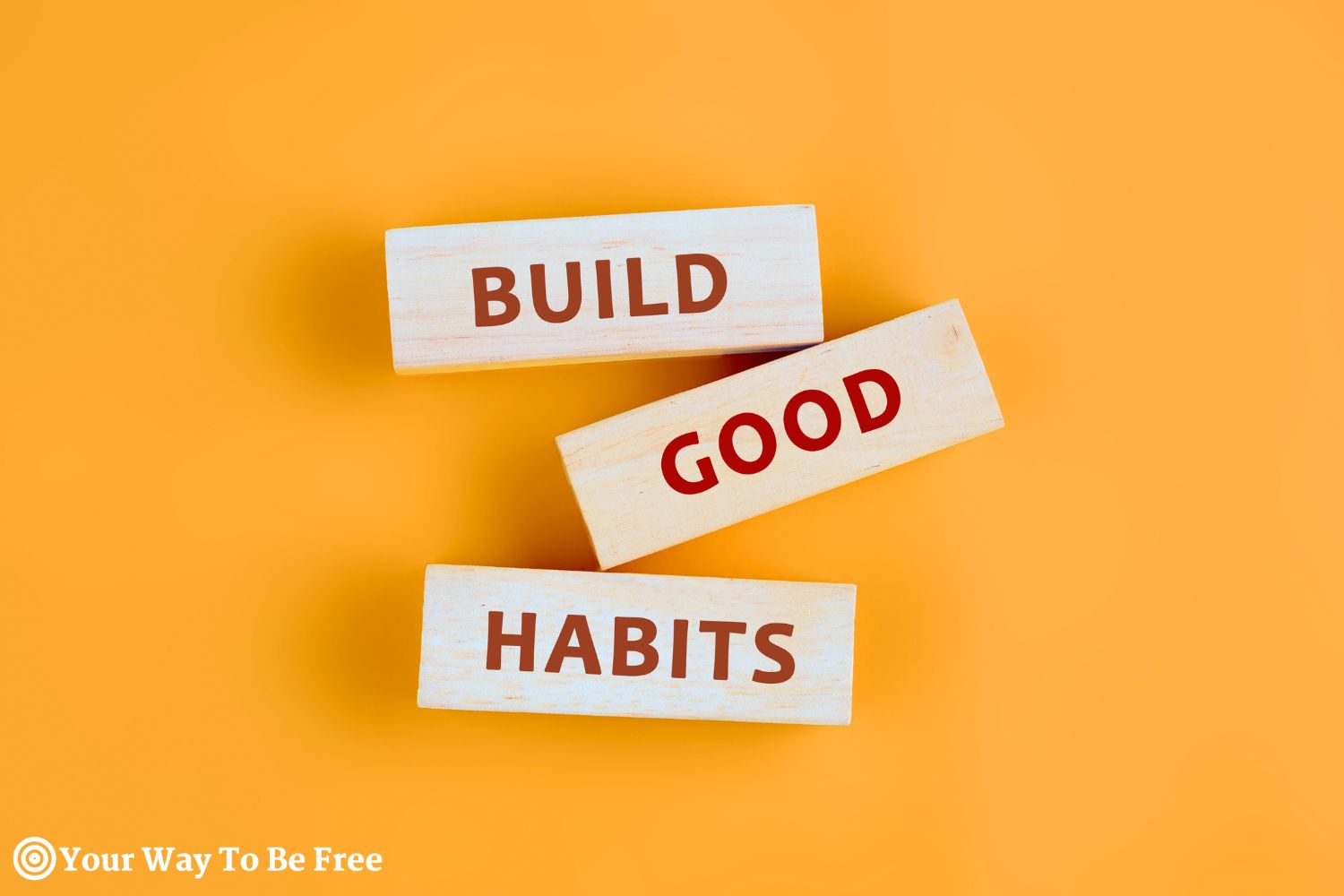How many times have you told yourself, “I’ll start next week,” or waited for the New Year to commit to a new habit?
Maybe it was a gym membership you never used, finally starting that side hustle, or a notebook full of plans for a project you hadn’t begun. These moments are all too familiar, aren’t they?
But here’s the truth: there’s no such thing as the perfect time to start something new. Waiting for the stars to align – or a significant date like January 1st – often leads to procrastination.
Instead of chasing a perfect moment, what if you embraced life’s inflection points? These natural transitions, like starting a new job, moving to a different city, or even experiencing a personal setback., offer powerful opportunities for change.
So forget New Year’s resolutions and gimmicks. The best time to start is now.
More of a visual learner? Watch this video below and subscribe to our YouTube channel here!
Why There’s No Perfect Time
The idea of a “perfect time” is comforting. It allows us to delay action, convincing ourselves we’ll be more ready later. But life doesn’t work that way. The truth is, waiting for ideal circumstances often means waiting forever.
In reality, habits are built not by timing but by taking consistent, intentional steps. Research shows that we’re more likely to stick to habits when they align with our current environment and emotional state, not because of a specific date on the calendar.
That’s why inflection points, moments of transition or change, are so powerful. They disrupt old routines, giving you a chance to establish new ones. These moments, big or small, offer a natural window to start fresh. By acting quickly, you can align your habits with the person you want to become. For example:
- A new job might inspire you to implement better time management.
- Moving to a new home could encourage a decluttering habit.
- Becoming a parent might lead to healthier meal planning.
- Moving to a new neighborhood could inspire you to explore healthy cooking.
- Recovering from an illness might motivate you to focus on self-care.
The Science of Habit Formation
Building habits isn’t about sheer willpower, it’s about understanding how behavior is shaped by your environment and using that knowledge to your advantage.
Habits are formed through repetition and consistency, making it important to start with actions that feel achievable and fit seamlessly into your daily life.
Psychologist B.J. Fogg’s Tiny Habits method highlights the importance of anchoring new habits to existing ones. For example, pairing a new behavior with an already established routine, like doing a quick stretch after brushing your teeth, creates a strong association that helps the habit stick.
Cues in your environment also play a significant role. Visual triggers, like placing workout clothes where you can see them, or auditory reminders, like setting a specific alarm tone for meditation, can prompt you to take action. These cues act as gentle nudges, reducing the mental effort required to remember and perform the habit.
Related: How to Stop Negative Thoughts: 10 Habits to Shift Your Mindset
6 Tips for Starting, and Keeping New Habits
Ready to take action? Here are some practical strategies to help you start and sustain new habits:
1. Start Small and Build Gradually
Big goals can feel overwhelming, but starting small makes them manageable and sets you up for success. If your goal is to exercise more, start with a 5-minute walk instead of aiming for a full workout right away. Want to read more books? Begin with just one page a day rather than an entire chapter.
Starting small not only builds confidence but also reduces the chances of burnout. As you get comfortable with the initial habit, you can gradually increase its intensity or frequency. This approach ensures your habit becomes sustainable over time.
2. Leverage Life’s Inflection Points
Transitions and life changes create opportunities to introduce new habits when your usual patterns are already in flux. By acting quickly during these moments, you can align your new habits with your evolving environment, making it easier to integrate them seamlessly into your life. Recognizing these transitions as opportunities allows you to capitalize on the momentum they bring.
3. Track Your Progress
Keeping track of your progress can be incredibly motivating and helps you stay accountable to your goals. Use a journal, habit tracker, or even an app to log your daily actions.
For example, if you’re trying to drink more water, jot down how many glasses you’ve had each day. If you’re learning a new skill, record how much time you’ve practiced. Watching your progress grow over time gives you a sense of accomplishment and keeps you focused on the bigger picture.
4. Find Accountability
Sharing your goals with someone else can significantly increase your chances of success. Whether it’s a friend, a family member, or even a group with similar aspirations, having someone to check in with keeps you motivated.
You could set regular updates, like texting a friend your progress or joining an online community dedicated to your habit. Knowing that someone else is cheering you on, or even relying on you for their own progress, adds an extra layer of commitment to your goals.
5. Be Patient with Yourself
Habits don’t form overnight, and it’s important to embrace the process rather than focus solely on the outcome. If progress feels slow, remind yourself that consistency matters more than perfection. There will be setbacks along the way, but they don’t define your journey. Missing one workout or skipping one day of practice doesn’t mean you’ve failed. Instead, focus on getting back on track the next day. Building a habit is about showing up regularly, not flawlessly.
6. Celebrate Small Wins
Habits thrive on rewards. Celebrate small victories, like crossing a task off your list or finishing the first chapter of a book. Rewarding yourself doesn’t need to be extravagant; even simple recognition of your effort can boost motivation and keep you going. Even a simple, “I’m proud of myself,” can go a long way in keeping you focused. Over time, these small wins add up to big changes.
Conclusion
The perfect moment to start a new habit doesn’t exist, and that’s okay.
Instead of waiting for ideal circumstances, look for the opportunities already present in your life. Embrace the transitions and challenges, act with intention, and allow small, consistent steps to lead you forward.
The best time to begin is always now.







